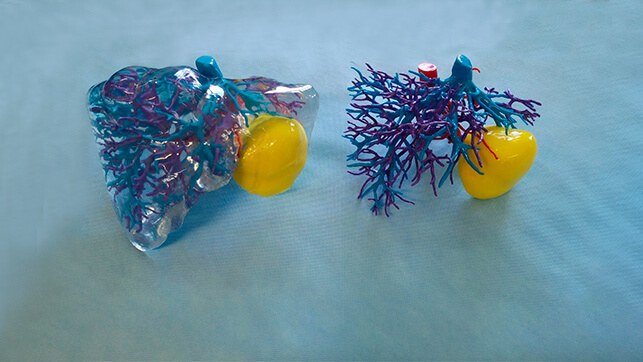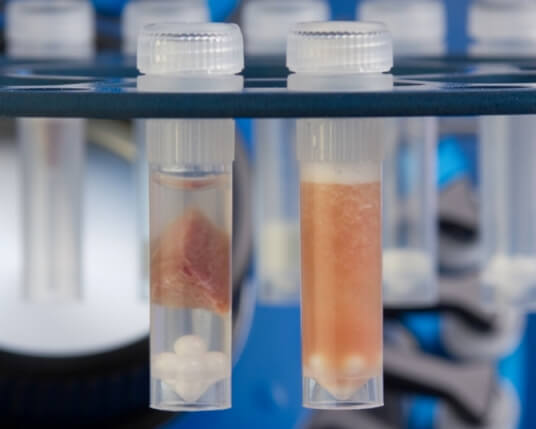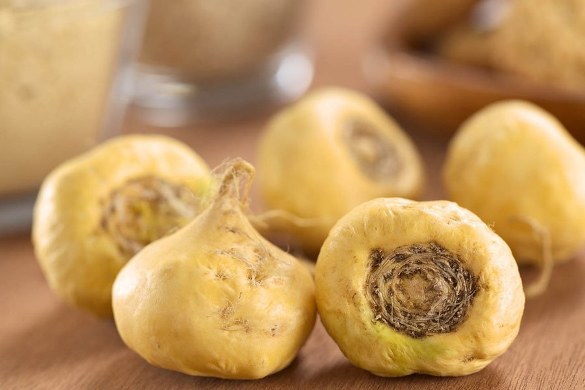The late 2010s and early 2020s have been a time of remarkable innovation and change across every day and more specialised areas of life. Read about three award winning innovators, and their transformative work, below.
Kürşat Ceylan, Winner of the Edison Award
In a society that consistently leans toward ableism and, in so doing, overlooks even the most prevalent disabilities of modern life, the financial, mental and emotional investment being made by those who have not forgotten some of society’s most vulnerable members is more important than ever before.
Ceylan, an engineer from Turkey, realised how deficient the navigational services available to blind people were by experience. As a blind man himself, he found navigating an unfamiliar city to be incredibly difficult. Balancing a cane, luggage and his smartphone, he set upon the idea of revolutionising navigation for the blind.



